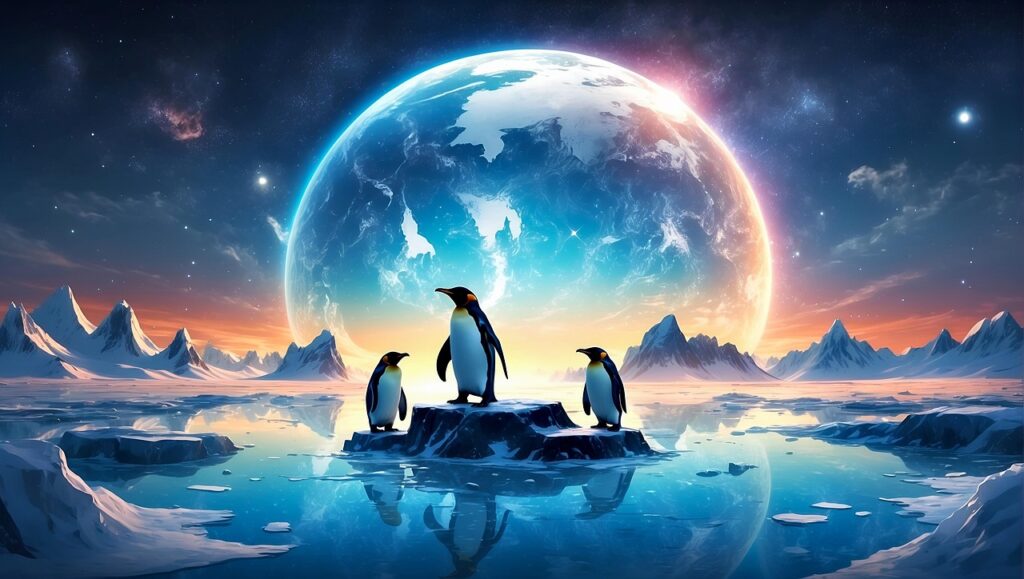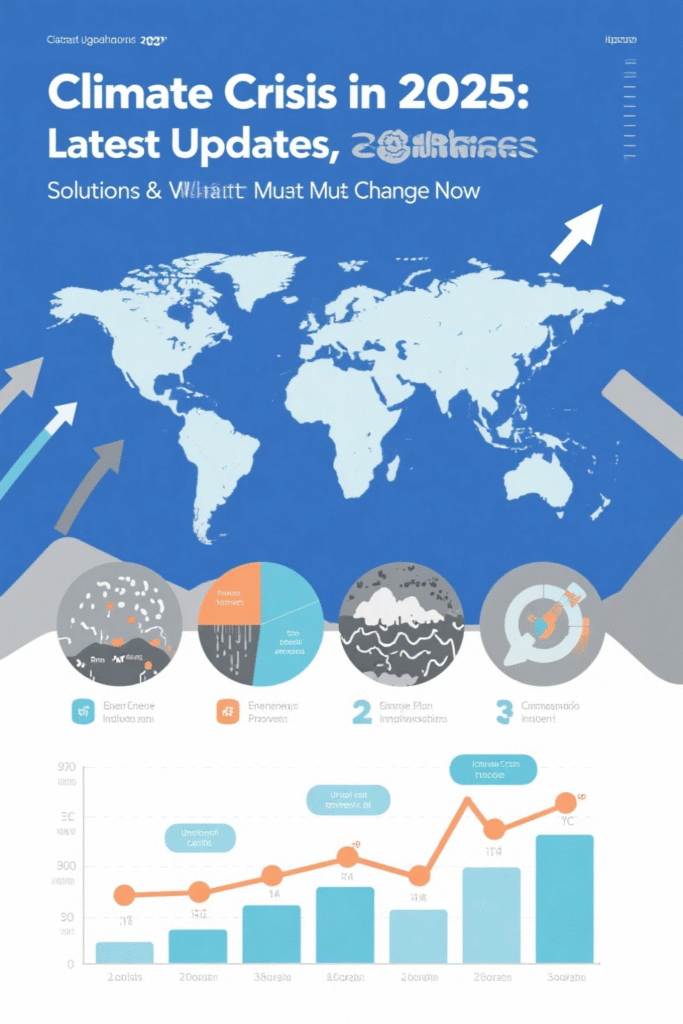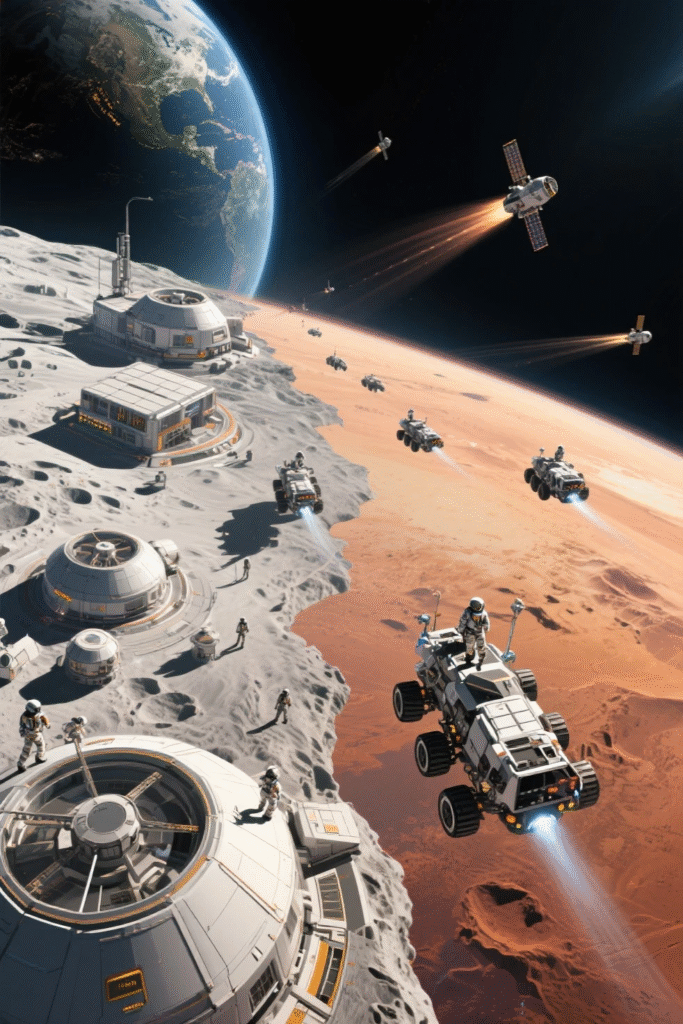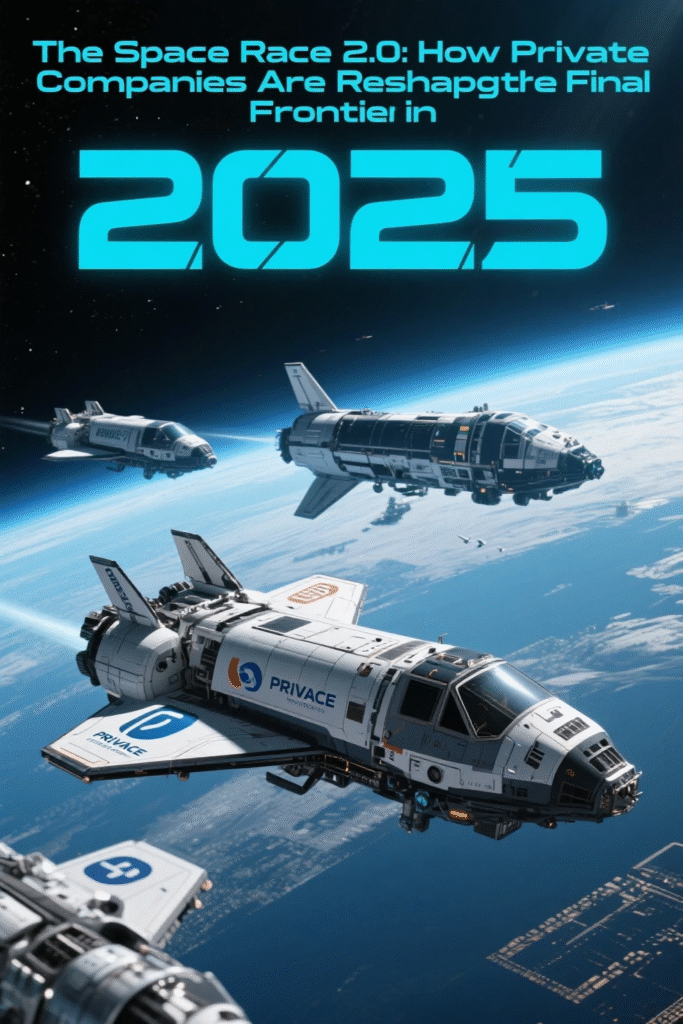
By Bizbuzzup
Introduction
As we enter 2025, the global water crisis has become one of our era’s most urgent and defining challenges. With rising temperatures, growing populations, pollution, and overuse, the world’s most vital resource is under extreme pressure.
According to the United Nations, over 2.4 billion people now live in water-stressed countries. Droughts, floods, and collapsing water infrastructure trigger conflicts, migration, crop failures, and public health emergencies.
1. The Global State of Water Scarcity in 2025
Water scarcity is no longer a distant worry—it’s a daily reality for millions. Key facts:
- 1 in 3 people lack access to safe drinking water
- By 2030, demand for water is expected to outstrip supply by 40%
- Agriculture consumes 70% of freshwater worldwide
- Climate change has intensified droughts and floods, affecting both water supply and quality
UNICEF reports that climate-related water shocks have become the number one environmental driver of child displacement globally.
“We are on the brink of a systemic water collapse in several regions,” warns Dr. Mariet Verhoef-Cohen, President of Women for Water Partnership.
2. Regions Most Affected by the Crisis
🌍 Sub-Saharan Africa

- Severe droughts in Ethiopia, Kenya, and Somalia have displaced over 10 million people
- Groundwater depletion has made borehole drilling more expensive and less reliable
🌎 Latin America

- The Amazon’s hydrological cycle is shifting due to deforestation
- Urban areas like Mexico City are literally sinking due to groundwater extraction
🏜️ Middle East & North Africa

- The most water-scarce region in the world
- Countries like Yemen, Jordan, and Egypt are facing severe shortages
- Tensions are rising over shared rivers like the Nile, Euphrates, and Jordan
🇺🇸 North America

- The Colorado River, supplying 40 million people, is at record low levels
- The U.S. Southwest is facing a megadrought, leading to water rationing
3. Main Causes of the Crisis
💧 Overconsumption
- Unsustainable agricultural practices
- Industrial water misuse and unchecked urban development
🔥 Climate Change
- Melting glaciers, rising sea levels, shifting rainfall patterns
- More intense droughts and unpredictable monsoons
🧪 Pollution
- Contaminated rivers and lakes from plastic, pesticides, and industrial waste
- Poor sanitation leads to unsafe drinking water
🏗️ Infrastructure Decay
- Aging pipes, dams, and irrigation systems are losing up to 30% of water in transit
- Inadequate investment in water delivery systems in many developing nations
4. Innovative Solutions Around the World
🚰 Water Desalination
- Countries like Israel, UAE, and Saudi Arabia lead the world in converting seawater to drinking water
- New solar-powered desalination units are making the process more affordable and sustainable
☁️ Atmospheric Water Generators
- Machines that extract humidity from the air to produce clean water
- Being used in disaster zones and remote arid areas
🌊 Wastewater Recycling
- Singapore’s “NEWater” program turns sewage into ultra-pure drinking water
- Cities like Los Angeles and Perth are following suit
📡 Smart Irrigation
- IoT and AI help farmers use just the right amount of water
- Reduces waste and boosts crop yields in water-stressed regions
“Water is a human right, not a luxury,” says Pedro Arrojo-Agudo, the UN Special Rapporteur on the Human Rights to Water and Sanitation.
5. Global Policies and Agreements
International cooperation is critical:
- The UN 2023 Water Conference led to the launch of the Global Water Action Agenda
- The World Bank is funding major clean water projects in sub-Saharan Africa and South Asia
- Transboundary water treaties are being modernized to prevent water wars (e.g., Nile Basin Initiative)
However, enforcement and implementation remain major obstacles.
6. What You Can Do
✔️ At Home
- Fix leaks, install water-saving appliances, and reduce meat consumption
✔️ In Your Community
- Support rainwater harvesting and green infrastructure
- Promote local watershed protection projects
✔️ At the Policy Level
- Vote for climate-responsible leaders
- Advocate for public investment in water infrastructure
Final Thoughts
The global water crisis in 2025 is a wake-up call for humanity. We face an unavoidable truth: without water, there is no life. Our future depends on how we manage, protect, and equitably share this vital resource.
The next decade will determine whether we solve this crisis or let it define the fate of billions.
By Bizbuzzup




















